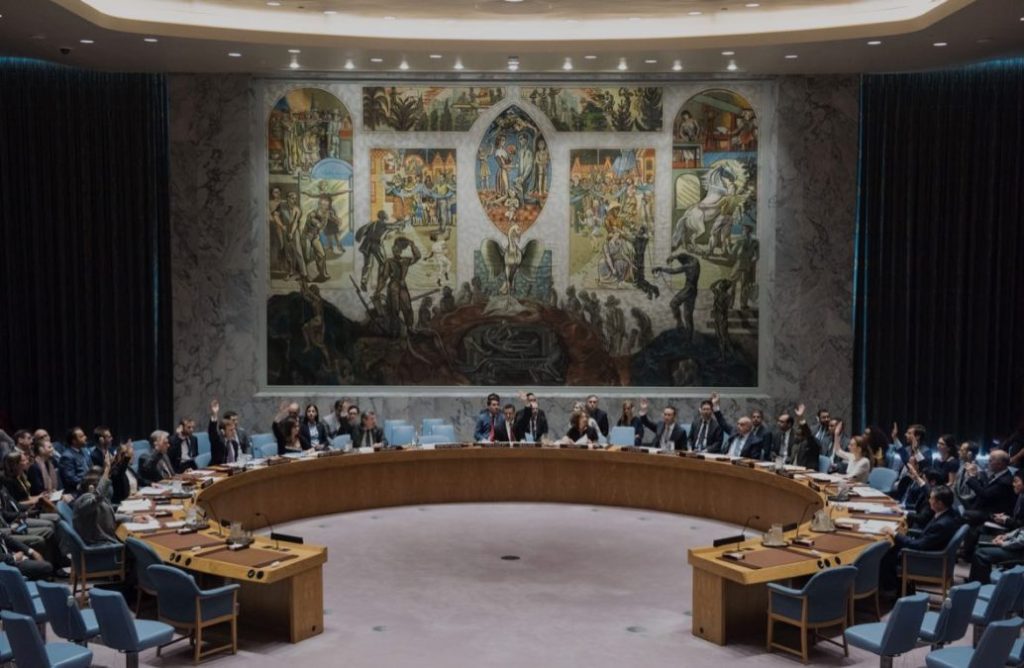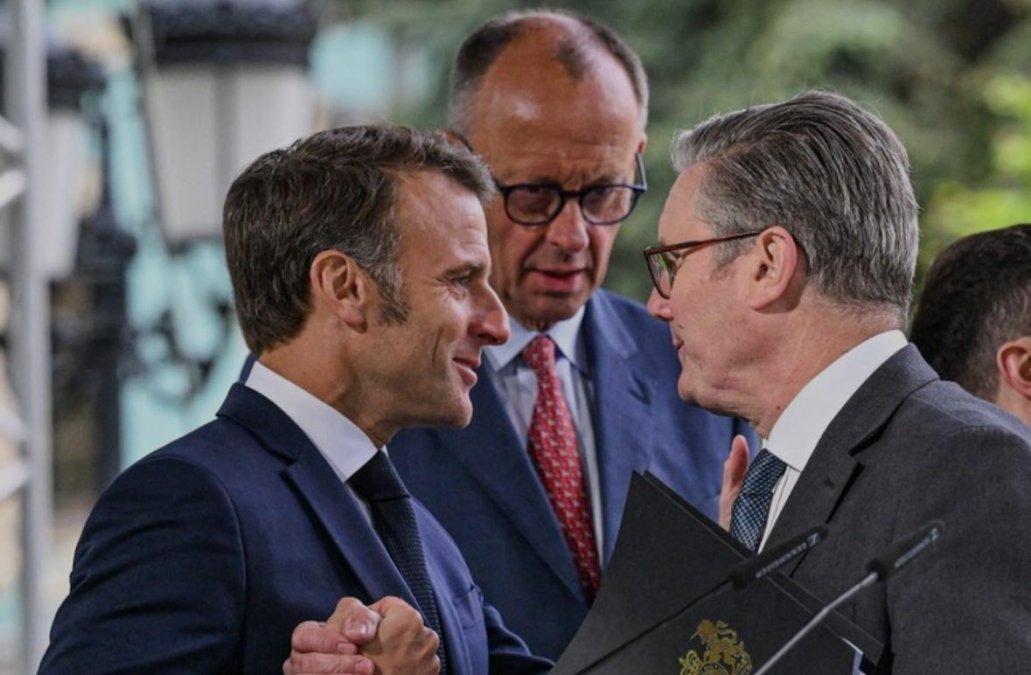Europe’s Nuclear Tension Seeking New Leverage Against Iran
Europe’s Nuclear Tension Seeking New Leverage Against Iran
According to the IranGate News Agency, on the eve of the sensitive November meeting of the Board of Governors of the International Atomic Energy Agency, the shadow of tension over Iran’s nuclear dossier is once again looming heavily.
With Resolution 2231 reaching its end and the JCPOA practically expired in legal terms, the three European countries, relying on diplomatic and media pressures, are attempting to revive the scenario of referring Iran’s dossier to the Security Council—a strategy analysts view more as an effort to manage the psychological environment ahead of the upcoming meeting rather than based on legal power.
Possible Referral of Iran’s Nuclear Dossier to the Security Council: Political Pressure or Playing with a Burnt Card

On the brink of the seasonal meeting of the Board of Governors of the International Atomic Energy Agency in November, the political atmosphere surrounding Iran’s nuclear program has entered a new phase with the publication of a report by The Wall Street Journal.
Laurence Norman, a senior journalist at this newspaper and an informed source on developments related to the Agency, claimed on the social platform X that if what he described as Iran’s non-cooperation with the Agency continues, the three European countries, including Britain, France, and Germany, might refer Iran’s nuclear dossier to the UN Security Council in November.
In his note, Norman wrote, if there is no cooperation from Iran, I have been told that the three European countries will likely send Iran’s dossier to the Security Council by November. Iran can pretend the issue is resolved, but it is not.
This claim is made while with the official end of Resolution 2231 on October 18, 2023, the legal framework of the JCPOA has practically expired from the perspective of binding international commitments. As a result, Europe’s previous legal grounds for exerting official pressure on Iran no longer have the same legitimacy and effectiveness.
Nevertheless, the European parties, especially the three mentioned countries, are still trying to keep Iran’s nuclear dossier in the path of political and international pressure by securitizing it.
Beyond the Snapback Mechanism: Europe’s Game with Broad Interpretations
An examination of Europe’s current policy shows that the West’s strategy has moved beyond technical and legal levels into the psychological-political realm.
In fact, even assuming an inability to reactivate the snapback mechanism, the three European countries are attempting to create a multi-layered pressure on Tehran by broadly interpreting Iran’s continued commitments under the JCPOA.
This approach goes beyond the attempt to return to the six Security Council resolutions, with its main goal being to impose a new oversight framework on Iran’s nuclear program, a framework defined beyond the conventional safeguard agreements of the Agency.
According to some international relations experts, Europe is trying to turn the November Board of Governors meeting into a platform for creating an atmosphere against Iran.
If no agreement is reached between Iran and the Agency at this meeting, it is likely that the European parties will exploit legal and media channels to pave the way for the re-referral of Iran’s dossier to the Security Council. This is while, in the post-JCPOA situation, many of the previous legal tools have practically lost their effectiveness.
Europe’s Strategic Goals: Political Pressure in the Absence of Legal Consensus
Based on existing evidence, Europe’s new policy towards Iran pursues two simultaneous goals: first, to compel Iran to accept oversight frameworks beyond safeguards under the pretext of clarifying the nuclear program, and second, to restore the legal and sanctioning atmosphere of the pre-JCPOA period without needing a new agreement.
Although this strategy ostensibly relies on the rules of the Agency, in reality, it is clearly fueled by the dynamics of power in the international system and geopolitical developments, especially the Ukraine crisis and the rifts within NATO.
Europe is trying to reduce traditional disagreements within NATO over Iran by fully aligning with the United States and forming a cohesive Western front against Tehran.
However, this effort, despite the threatening media tone, is more rooted in psychological atmosphere creation and preemptive management of the upcoming Board of Governors meeting rather than based on valid legal tools.
Realism in the Security Council Structure Blocking Europe’s Game
If the scenario of referring Iran’s dossier to the Security Council, as claimed by Norman, materializes, achieving any international consensus against Iran is unlikely.
The current structure of the Security Council, due to deep disagreements among major powers, particularly Russia and China on one side and the U.S. and Europe on the other, is practically in a locked state.
Both East Asian countries have repeatedly emphasized in recent months that Resolution 2231 has ended and any new punitive action against Iran lacks legal justification.
Thus, even if Europe succeeds in bringing the issue to the Security Council, the likelihood of any resolution being vetoed by Moscow and Beijing is very high.
In fact, these two countries, by returning Iran’s dossier to the technical routine of the Agency, while defending the principles of multilateralism, have practically reduced Europe’s political weight against the East.
Political Pressure in the Absence of Legal Tools
Overall, it seems that Europe’s main strategy is not the definite referral of Iran’s dossier to the Security Council but rather using the threat of it as a tool of political pressure on Tehran.
With the end of the legal period of the JCPOA and the practical demise of Resolution 2231, Western parties, especially Europe, are compelled to come to terms with the new balance of power in the Security Council, a balance that no longer allows for the reconstruction of past pressure tools.
Therefore, recent media threats against Iran should be analyzed within the framework of a psychological war ahead of the Board of Governors meeting, an effort to limit Iran’s diplomatic options in potential future negotiations, not a documented and enforceable legal action in the international system.

